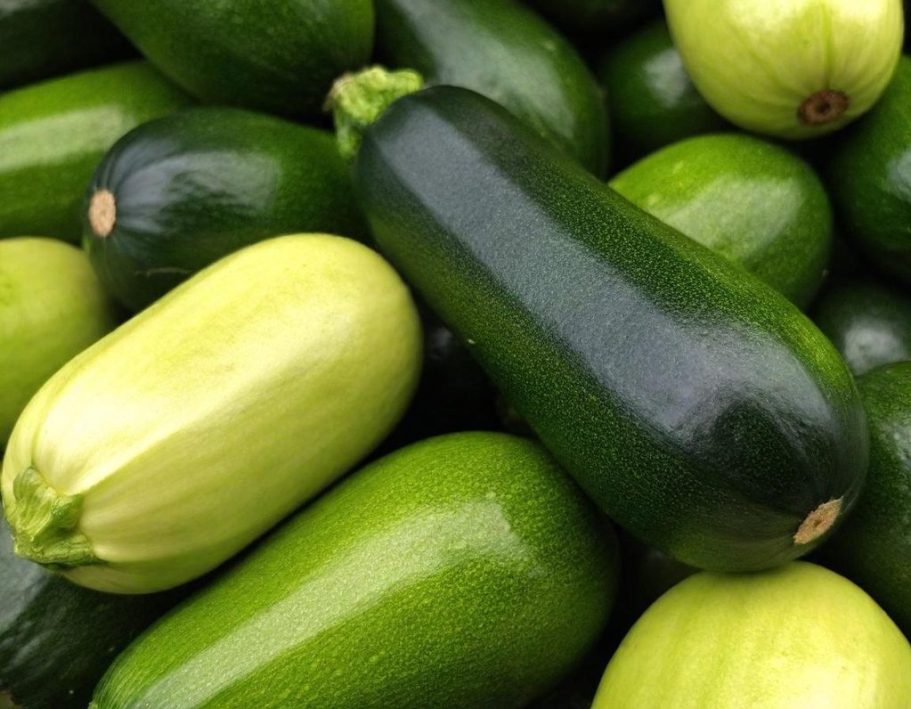Herenthar Sat-E-Lite's Investigative Report
Herenthar Sat-E-Lite’s news columns are a deep dive into the oddly specific corners of the world, where overlooked facts and fringe curiosities are given the spotlight they deserve. With a sharp nose for detail and a penchant for investigative wanderlust, Herenthar unpacks complex subjects—ranging from bureaucratic absurdities to the social behaviors of alley cats—with wit, skepticism, and the occasional furball. Each column is a thoughtful, unhurried exploration that challenges assumptions, tickles the intellect, and leaves readers questioning what they thought they knew.

The Most Beautiful Zucchini #4 - by Getty AI
Zucchinis, Zealots, and the Price of Power: What Does a Senator Really Cost?
By Herenthar Sat-E-Lite, Investigative Reporter, Sans Cerebrum News
Let me begin with a confession: I have tried to bribe a senator with zucchini. Not a zucchini. A crate. Glossy, fresh, picked with the reverence due to royalty, and seasoned with the scent of sun-warmed honesty. He smiled, took the crate, and told me he “loved local agriculture.” That was three weeks ago. Yesterday, he voted to slash agricultural subsidies and approved a new tax break for synthetic vegetable conglomerates.
So it goes.
America, I regret to inform you, is not for sale. It’s leased—long-term, at flexible rates, with room for expansion and the occasional tax write-off for moral compromise.
The Price List: A Senator's Going Rate
It’s the question I set out to answer: How much does a U.S. senator cost?
Officially, of course, they’re priceless. Unbuyable. Stoic defenders of democracy, guardians of the republic, immune to the lure of filthy lucre. Unofficially?
“Anywhere from $200,000 to $5 million,” whispered a former campaign manager over burnt coffee in a Waffle House outside Tulsa. “Depends on the issue, the donor, and how many elections they still want to win.”
A data scientist at the University of Vermont—who insisted I refer to him only as “Professor Turnip”—ran the numbers for me. Senators who vote consistently in favor of fossil fuel interests receive, on average, $1.2 million more in direct and PAC donations than their greener colleagues. Defense contractors? Add another $750,000. Pharmaceutical lobby? $1.5 million, often routed through euphemistically-named “healthcare innovation committees.”
And party affiliation?
“Irrelevant,” Turnip said flatly. “They all feed from the same trough. One side just uses more buzzwords.”
When I asked what would happen if we paid them in zucchini instead, he laughed. “They’d ban squash.”
The Clown Court and Their Golden Wigs
And what of the Supreme Court? The final arbiters of truth, justice, and ideological Sudoku?
I tracked down an ethics consultant—retired, bitter, and sipping bourbon at 10:43 a.m.—to ask what a Justice might be worth.
“Technically, they’re unbribable. Practically, give them a luxury fishing trip and a hotel suite in Bali, and you’ll get a 5-4 ruling in your favor.”
Justice is blind, yes. But apparently not to luxury gifts and friends with private jets. I reviewed gift disclosures, secret donor-funded vacations, and the quiet real estate deals the public rarely hears about. It’s all legal. Ethical? Not even a little.
And yes, they still speak in jester logic. “Originalism,” for example, now means “whatever makes the billionaire behind the curtain happiest.” One clerk anonymously described the justices’ internal debates as “Shakespearean in language, but Looney Tunes in logic.”
The Zucchini Hypothesis
To test whether zucchinis—the most noble of vegetables—could pierce the thick rind of corruption, I visited Capitol Hill and offered crates of them in exchange for small favors. Clarifications, votes, maybe a soundbite or two.
Successes:
- One staffer took a zucchini and gave me an unused parking pass.
- A junior congressman accepted two zucchinis and promised to “read more about food policy.”
Failures:
- A senator's aide took three zucchinis and asked if I was an undercover vegan terrorist.
- A lobbyist for Big Corn tried to have me removed from the building.
Conclusion: Zucchinis are not accepted currency in D.C.—not yet. But they're still more honest than Super PAC money.
Voices from the Ground
I wanted to know: do Americans genuinely believe their representatives care about them?
In Boise, Idaho, I met Clara, 64, retired schoolteacher, knitting a scarf patterned like the First Amendment.
“Do they care?” she said. “They care about my vote, not my life. My prescriptions cost more than my mortgage. But my senator just approved a $6 billion weapons package. For peace, of course.”
In Atlanta, I asked a group of college students.
“We’re just memes to them,” one said. “They tweet about our generation and then vote to raise student loan interest.”
In rural Kentucky, a farmer named Joe spat tobacco onto his boot and grunted: “If they gave half a damn, they’d drink our water and live on our wages for a week.”
Kissing Warts: A Ritual of Power
There is an old myth that to become a king, one must kiss a frog. In Washington, one must kiss something worse: the warted, gold-dusted toes of their mega donors.
No policy survives the breath of a billionaire. A whisper from a tech magnate, and legislation collapses. An oil baron blinks, and climate bills melt faster than Arctic permafrost.
Mega donors don’t bribe—they suggest. And suggestions, like gravity, are impossible to resist in the vacuum of principle.
The Root of It All
This isn’t just about politics. It’s about value. About whether integrity has a price, and whether truth can survive in a market where lies are more profitable.
What if public service were actually public again? What if we grew zucchini instead of selling out? What if a senator voted for something just because it was right, not because it came wrapped in donor money and promises of future board seats?
Until then, remember: the clowns wear robes now. The jesters speak Latin. And the price of democracy is somewhere between a million dollars and a single, perfect zucchini.
Until next time, peel the layers. Sniff the spinach. Follow the squash.
—Herenthar 🐾
